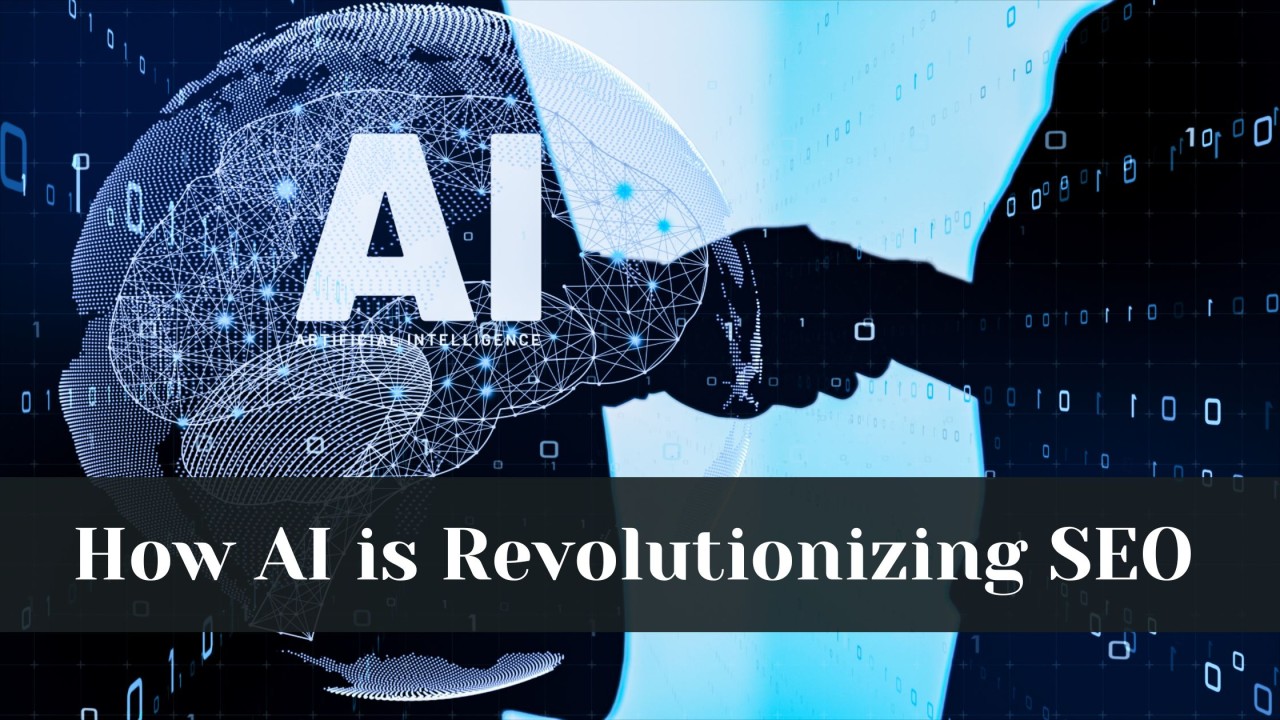In today’s digital landscape, staying ahead in search engine optimization (SEO) requires more than just basic keyword stuffing or guesswork. The evolution of AI-powered tools has drastically transformed how businesses approach keyword research—arguably the most critical element of any SEO campaign. As AI continues to penetrate the SEO industry, it’s empowering agencies and marketers to generate sharper insights, build more targeted campaigns, and unlock real value from organic search.
AI is transforming keyword research by offering smarter, intent-based insights that drive better results. Partnering with a reliable SEO Company in Toronto ensures you leverage these advanced tools to boost visibility and growth.
The Traditional Keyword Research Challenge
Before the rise of AI, keyword research was a time-consuming task involving manual brainstorming, trend analysis, and competitor audits. Marketers relied on static metrics such as search volume, keyword difficulty, and CPC data to identify opportunities. While helpful, this approach lacked contextual understanding. It didn’t factor in real-time trends, evolving user intent, or the nuances of semantic relationships between keywords.
As a result, businesses often ended up targeting generic or outdated terms that either brought irrelevant traffic or failed to convert. That’s where artificial intelligence brings in a game-changing shift.
How AI Powers Smarter Keyword Discovery
AI revolutionizes keyword research in multiple ways:
1. Understanding Search Intent
AI doesn’t just look at keywords; it interprets what users actually mean. By analyzing behavior patterns and contextual clues, AI models can predict whether a search query signals informational, navigational, or transactional intent. This allows marketers to align content with user needs more accurately, enhancing both relevance and conversion rates.
2. Predictive Keyword Suggestions
Using natural language processing (NLP) and machine learning, AI tools can now forecast which keywords are likely to trend. Instead of reacting to what’s popular now, businesses can proactively target keywords that will drive traffic in the near future. Predictive analysis offers a forward-looking approach—especially useful for seasonal campaigns or product launches.
3. Semantic Keyword Mapping
Modern search engines reward content that’s rich in semantically related terms, not just exact matches. AI tools analyze vast datasets to identify LSI (Latent Semantic Indexing) keywords and related concepts, helping you build content that covers a topic holistically. This improves your chances of ranking for multiple search queries while enhancing readability and authority.
4. Competitor Gap Analysis
AI can swiftly analyze competitor content and backlink profiles to identify keyword gaps. Instead of manually reviewing dozens of pages, marketers receive actionable insights about what their competitors are ranking for—and more importantly, what they’re missing. This enables precise targeting of untapped opportunities.
Integrating AI-Driven Keyword Research Into Your SEO Strategy
If you’re working with an experienced SEO company, especially in a competitive market like Toronto, make sure they’re utilizing AI-backed tools like SEMrush, Ahrefs, SurferSEO, or Google’s own AI-driven features. A forward-thinking agency won’t just hand you a keyword list—they’ll deliver a comprehensive roadmap built on AI insights that match your audience’s behavior, your business goals, and evolving search engine algorithms.
This strategy involves:
- Segmenting keywords by funnel stage
- Mapping content to user intent
- Regularly refreshing data to stay ahead of trends
- Creating pillar pages supported by relevant subtopics
- Monitoring keyword performance and adapting dynamically
The Human Touch Still Matters
While AI is undeniably powerful, it’s not a substitute for strategic thinking. The best results occur when SEO experts interpret AI-generated data through the lens of experience and creativity. An effective strategy requires understanding your brand voice, aligning with your customer journey, and ensuring technical SEO supports your content goals.
That’s why the collaboration between AI technology and skilled SEO professionals is so vital. With the right partnership, businesses can harness AI not just to save time, but to make smarter, data-driven decisions that scale growth.
Final Thoughts
Keyword research is no longer just about finding the right words—it’s about understanding your audience, anticipating demand, and delivering meaningful content. AI empowers businesses to take a predictive, precise, and performance-oriented approach to SEO that’s far superior to old-school methods.
In fast-moving markets like Toronto, staying competitive means embracing innovation. If you’re looking to future-proof your digital presence, start by upgrading how you approach keyword research—because smarter strategies always begin with smarter insights.

































